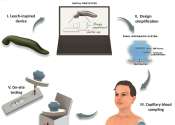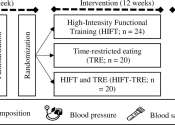Study: Children with hypertension at higher long-term risk for serious heart conditions
Youth with high blood pressure are nearly four times more likely to be at long-term risk of serious heart conditions including stroke and heart attack, according to a new study. The research, led by McMaster University, will ...
May 3, 2024
0
1








